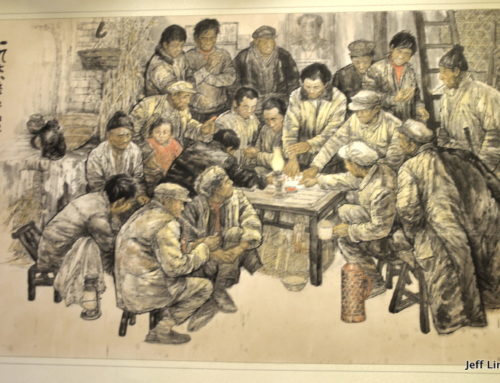“Why Are Americans so Angry?” by Rep. Ron Paul of Texas raises solid questions about the disappointment and anger of many Americans over what is happening in Iraq. Here is an excerpt:
Some of the strongest supporters of the war declare that we are a Christian nation, yet use their religious beliefs to justify the war. They claim it is our Christian duty to remake the Middle East and attack the Muslim infidels. Evidently I have been reading from a different Bible. I remember something about “Blessed are the peacemakers.â€
My beliefs aside, Christian teaching of nearly a thousand years reinforces the concept of “The Just War Theory.†This Christian theory emphasizes six criteria needed to justify Christian participation in war. Briefly the six points are as follows:
- War should be fought only in self defense;
- War should be undertaken only as a last resort;
- A decision to enter war should be made only by a legitimate authority;
- All military responses must be proportional to the threat;
- There must be a reasonable chance of success; and
- A public declaration notifying all parties concerned is required.
The war in Iraq fails to meet almost all of these requirements. This discrepancy has generated anger and division within the Christian community.
Some are angry because the war is being fought out of Christian duty, yet does not have uniform support from all Christians. Others are angry because they see Christianity as a religion as peace and forgiveness, not war and annihilation of enemies.
Constitutional and moral restraints on war should be strictly followed. It is understandable when kings, dictators, and tyrants take their people into war, since it serves their selfish interests– and those sent to fight have no say in the matter. It is more difficult to understand why democracies and democratic legislative bodies, which have a say over the issue of war, so readily submit to the executive branch of government. The determined effort of the authors of our Constitution to firmly place the power to declare war in the legislative branch has been ignored in the decades following WWII.

